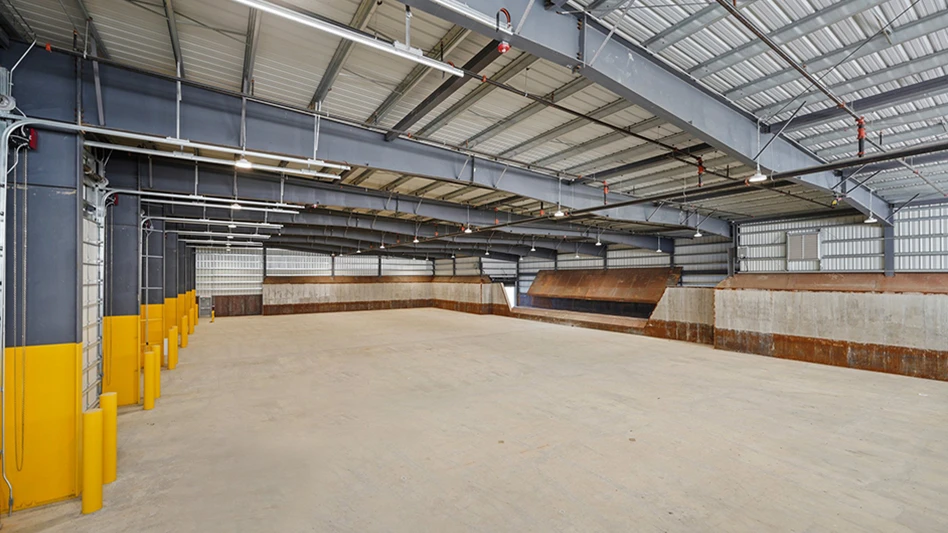
Recycling Today archives
The Applied Research Foundation (ARF), part of the Silver Spring, Maryland-based Solid Waste Association of North America (SWANA), has authored and released a report examining the results of a zero-waste campaign conducted for several years by the city of Seattle.
The ARF says its multipage report, “Zero Waste Programs: An Analysis of Seattle’s Performance Data,” takes an in-depth look of the impacts of Seattle's zero-waste program initiatives in part by measuring the total and per-capita recycling and disposal rates for the city’s four primary waste generation groups: single-family households, multifamily households, businesses and waste self-haulers.
In its 2021 fiscal year, Seattle diverted 53 percent of its municipal solid waste (MSW) from disposal through recycling initiatives, with single-family residents and commercial establishments recycling more than 60 percent of their discarded materials, according to SWANA.
Multifamily residents and self-haul customers had lower rates, at 35 percent and 10 percent, respectively.
By 2040, Seattle aims to increase its overall recycling rate to 69 percent, with single-family and commercial recycling rates projected to rise by up to 15 percentage points.
According to the ARF, that would entail single-family residents diverting 83 percent of their discards and commercial establishments diverting 78 percent.
“These rates would mark significant progress and set unprecedented benchmarks for waste management,” the organization says.
The report’s executive summary indicates progress also will depend on "significant" increases (over 60 percent) in recycling rates achieved by the city’s multifamily residents and self-haul customers compared with 2021 rates.
“Both of these customer groups have historically achieved relatively low recycling rates for a number of reasons that include lack of recycling options for their wastes (self-haul customers) and/or high levels of inconvenience associated with their participation in source separation recycling programs (multi-family residents),” the ARF adds.
The full report is available via the SWANA website to its members free of charge and to nonmembers for $199.
“SWANA is optimistic that the data and analyses presented in this report will serve as invaluable resources for zero waste planners in developing highly effective zero waste systems,” SWANA Executive Director and CEO Amy Lestition Burke says.
“Drawing inspiration from the models established in cities such as Seattle, San Francisco and San Jose, we hope the report will inform and empower other communities. SWANA would like to thank the city of Seattle, who was instrumental in the publication of this report.”
Latest from Waste Today
- DPI acquires Concept Plastics Co.
- Laurel Mountain Capital announces investment in 5280 Waste Solutions
- Cielo investor requests annual meeting
- WIH Resource Group celebrates 20th anniversary
- NWRA: NIOSH cuts a step in the wrong direction
- Valicor Environmental services acquires Affordable Waste Management
- WM to debut 4 recycling, RNG projects
- Interchange Recycling's EPR stewardship plan approved in Yukon






